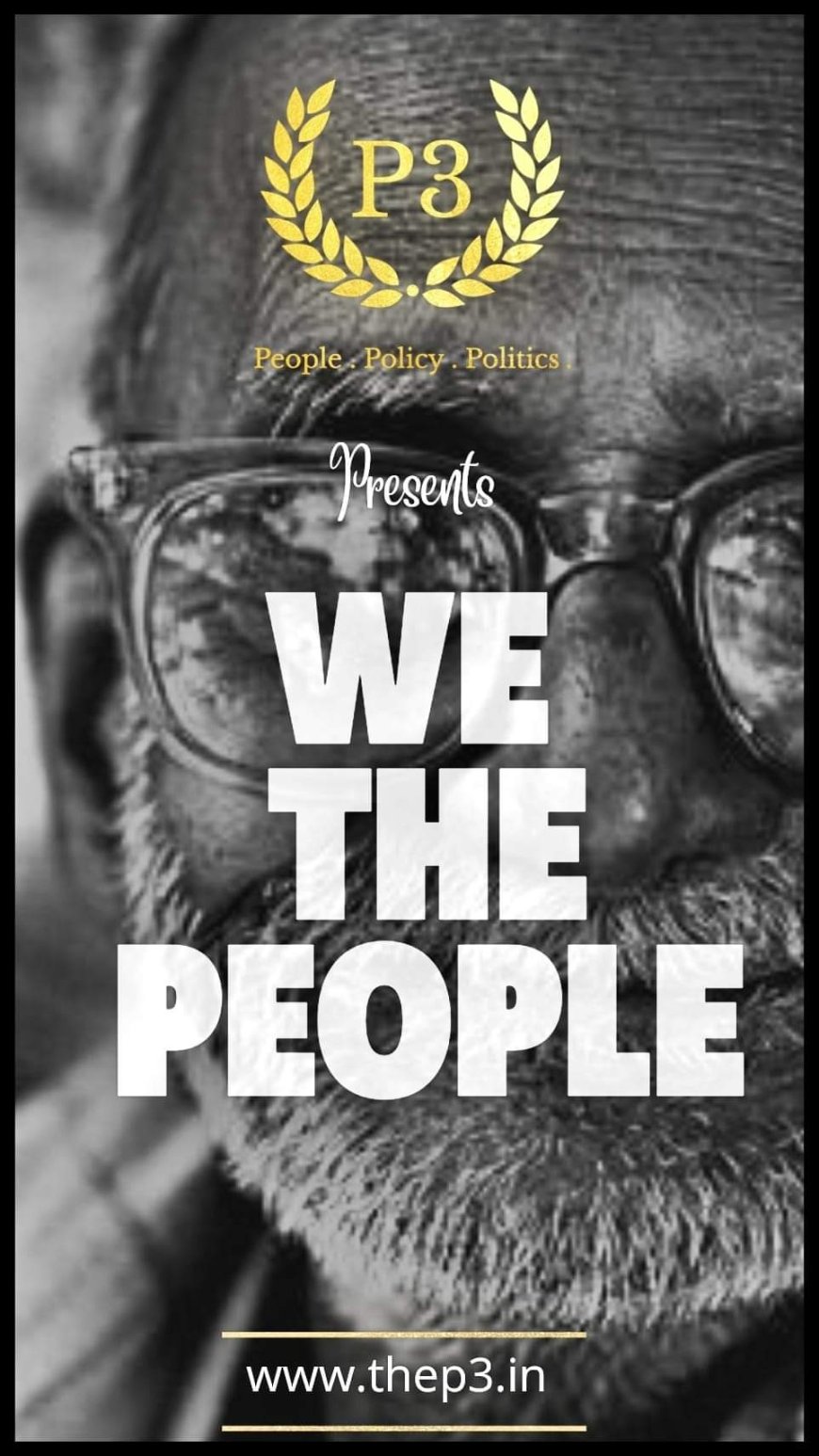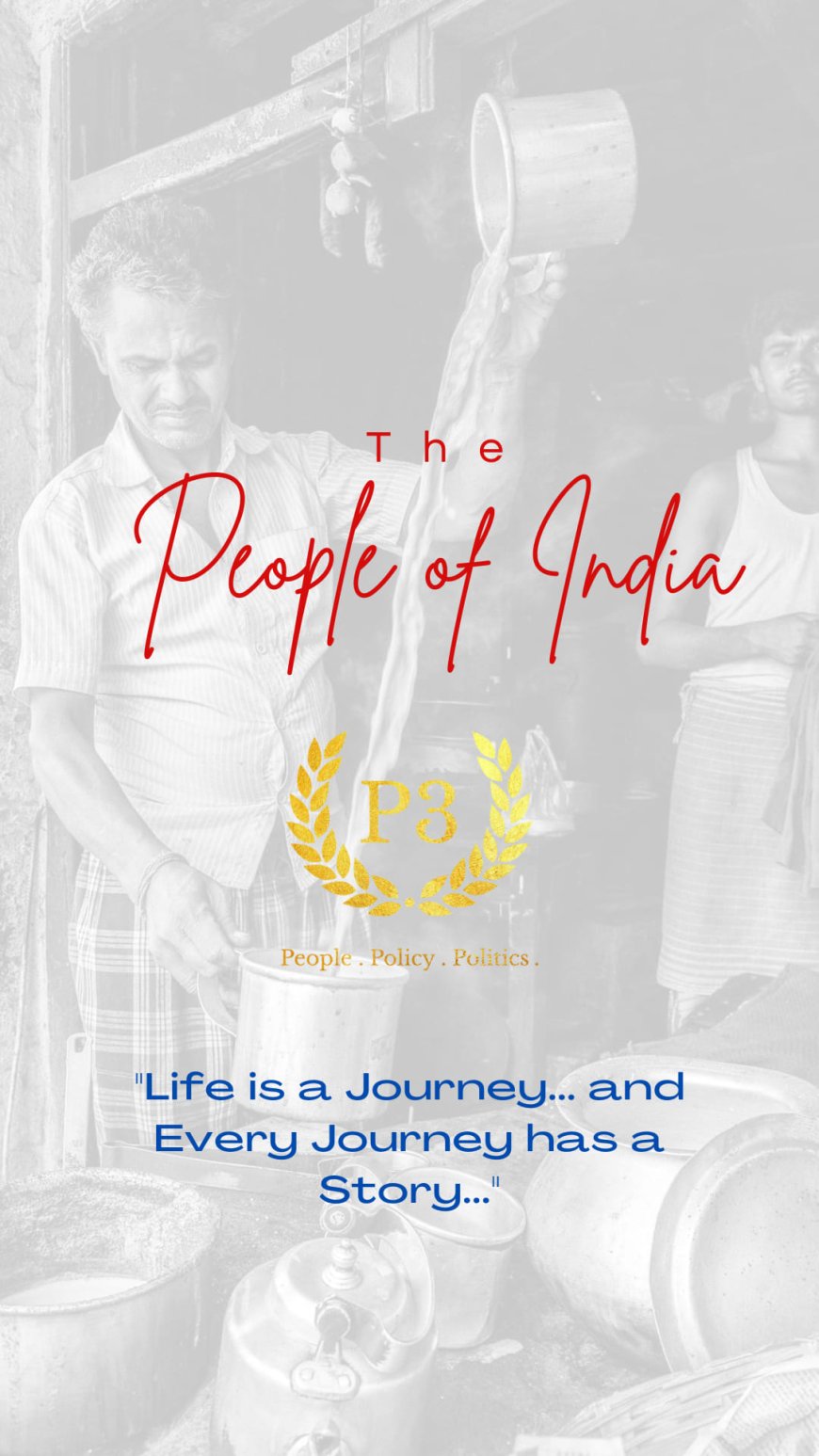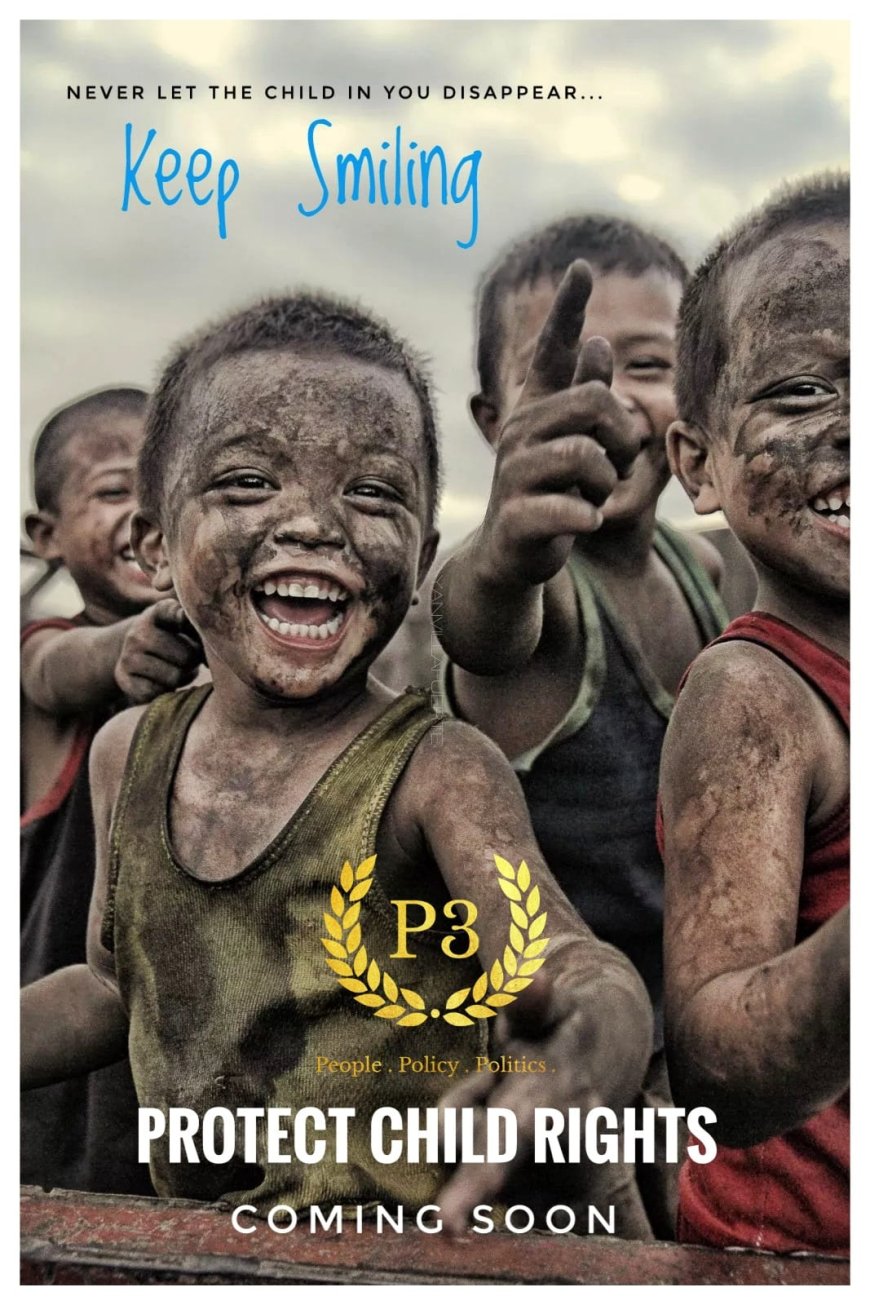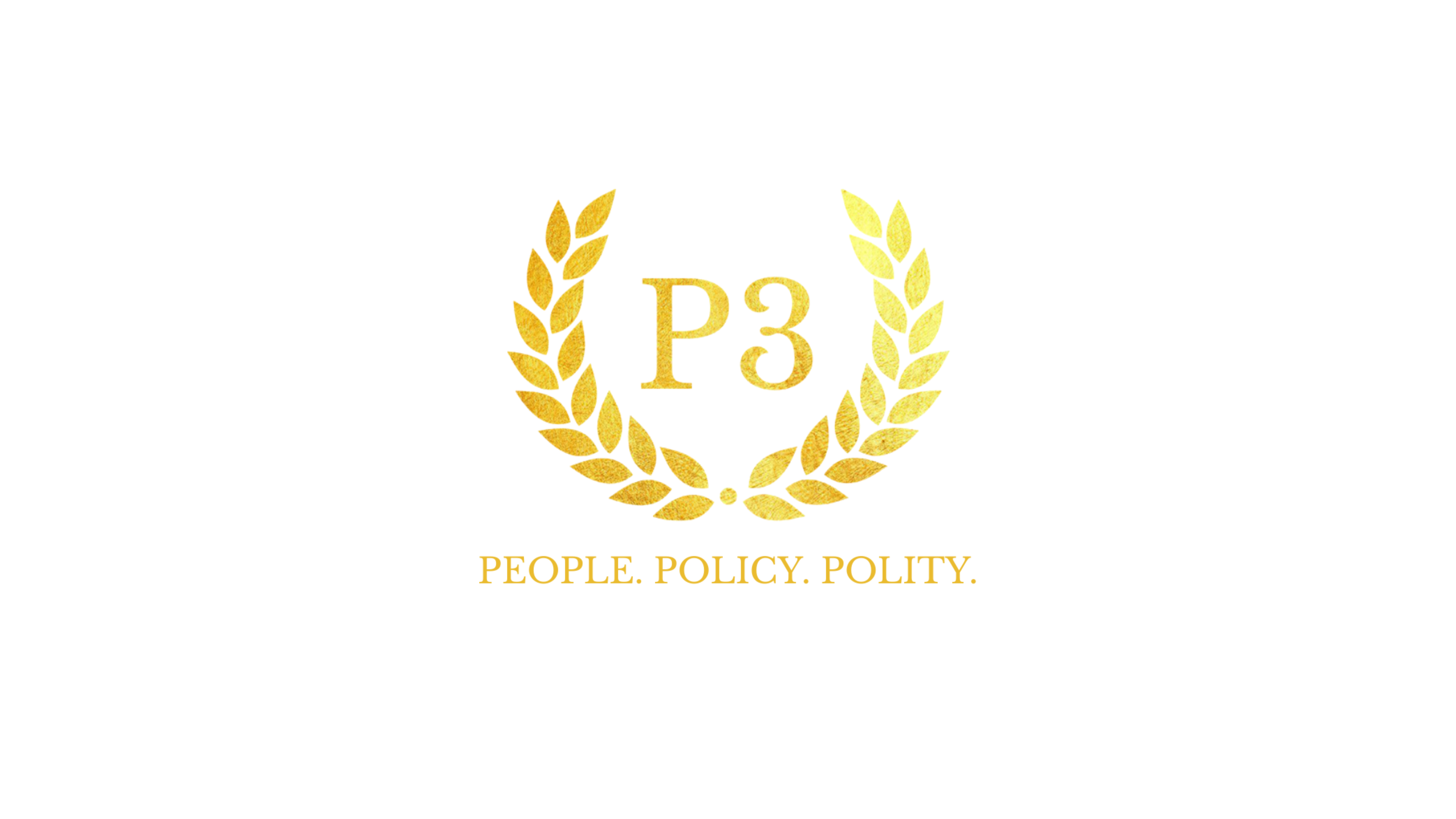
WE, THE PEOPLE OF INDIA
An online conference on " We, the people of India" and the constitutional rights of the people of India.
"We, the people of India" is the opening statement of the Constitution of India, which embodies the spirit of democracy and popular sovereignty. The Constitution of India recognizes the inherent dignity and worth of every individual and guarantees various fundamental rights to all citizens. These rights include the right to freedom of speech and expression, the right to equality before the law, the right to life and liberty, and the right against discrimination. The Constitution also provides for legal rights, such as the right to a fair trial, the right to legal aid, and the right to access justice, among others. These constitutional rights ensure that every citizen of India is treated with dignity and respect and has access to basic necessities and justice. By upholding these constitutional rights, the people of India can ensure that the country remains a vibrant and thriving democracy.

THE PEOPLE OF INDIA
How people from various walks of life inspire and pave the way for governmental policies and actions
People from various walks of life, including activists, scholars, artists, journalists, and community leaders, play a crucial role in inspiring and shaping governmental policies and actions. These individuals bring their unique perspectives and experiences to the forefront and highlight issues that may otherwise go unnoticed. Through their advocacy and activism, they raise awareness about social, economic, and political inequalities and demand that the government takes action. Their efforts often result in policy changes, such as laws to protect marginalized communities, regulations to address environmental issues, or programs to support vulnerable populations. By working in collaboration with the government, people from various walks of life can help pave the way for a more just and equitable society. Their willingness to speak truth to power and hold the government accountable is essential for ensuring that policies and actions are aligned with the needs and aspirations of the people.

PROTECT CHILD RIGHTS
The necessary actions to be taken to protect Child Rights across the globe
Protecting child rights is an essential responsibility of every society across the globe. Children are the future of the world, and ensuring their well-being is crucial for building a better and brighter world. Governments, civil society organizations, and individuals must take necessary actions to protect child rights across the globe. These actions include ensuring access to education, healthcare, and safe living conditions for children. Governments need to implement laws and policies that prevent child abuse, exploitation, and trafficking. They should also work towards eliminating child labor and ensuring that children have opportunities to participate in decisions that affect their lives. Civil society organizations and individuals can play a vital role in promoting awareness about child rights violations and advocating for change. Together, we can create a world where all children can grow up with dignity, safety, and opportunities to achieve their full potential.
UNDERSTANDING MODERN-DAY NATIONALISM THROUGH THE LENS OF YOUNG KASHMIR
This was an online conference where Mehran Anjum Mir, a young political leader of Kashmir spoke about how the situation has changed in Kashmir since the revocation of Article 370 of the Indian Constitution. Understanding modern-day nationalism through the lens of young Kashmir provides a unique perspective on the complexities of nationalist sentiments in today's world. Kashmir, a region disputed by India and Pakistan, has been a hotbed of conflict and violence for decades, with young people bearing the brunt of the unrest. The youth of Kashmir has witnessed the effects of nationalist ideologies and political rhetoric on their lives, leading to a sense of disillusionment and alienation. The struggle for self-determination and freedom has become a central tenet of their identity, with a deep-seated desire for autonomy and independence. The experiences of young Kashmiris offer insight into how nationalist ideologies can be manipulated and used to justify violence and oppression. Their perspective also highlights the importance of recognizing the diverse voices and narratives that shape nationalism and the need for a more nuanced understanding of this complex phenomenon.

THEATRICS IN POLITICS
Theatrics, or the use of dramatic and performative elements in politics, plays a crucial role in shaping public opinion and influencing political discourse. It is a powerful tool that politicians use to capture the attention of the masses, create a sense of drama, and communicate their ideas effectively. Theatrics can be used to convey complex ideas and emotions in an accessible and impactful manner. It can also be used to rally support, inspire collective action, and create a sense of unity among diverse groups of people. However, theatrics also have the potential to obscure the truth, manipulate emotions, and distract from important issues. Therefore, it is crucial for politicians to strike a balance between using theatrics to engage with the public and maintaining the integrity of political discourse. In today's fast-paced and media-driven political landscape, the use of theatrics has become increasingly important for politicians to cut through the noise and make their voices heard.
RESEARCH. ANALYSIS. STRATEGY
Research, analysis, and strategy help policymakers make informed decisions that can have a significant impact on society. Through research, policymakers can gather valuable information and data on various issues and topics, including economic trends, social issues, and public opinion. Analysis helps policymakers understand the implications of this information, identify trends, and predict future outcomes. Strategy, on the other hand, provides a framework for decision-making, outlining specific goals, objectives, and actions that can be taken to address the issues at hand. By incorporating research, analysis, and strategy into their activities, governments can make evidence-based decisions, prioritize resources effectively, and achieve long-term goals. Additionally, these processes help ensure transparency and accountability, as decisions are based on objective data and analysis, rather than personal biases or political agendas. Overall, the importance of research, analysis, and strategy cannot be overstated when it comes to effective governance and policymaking.
